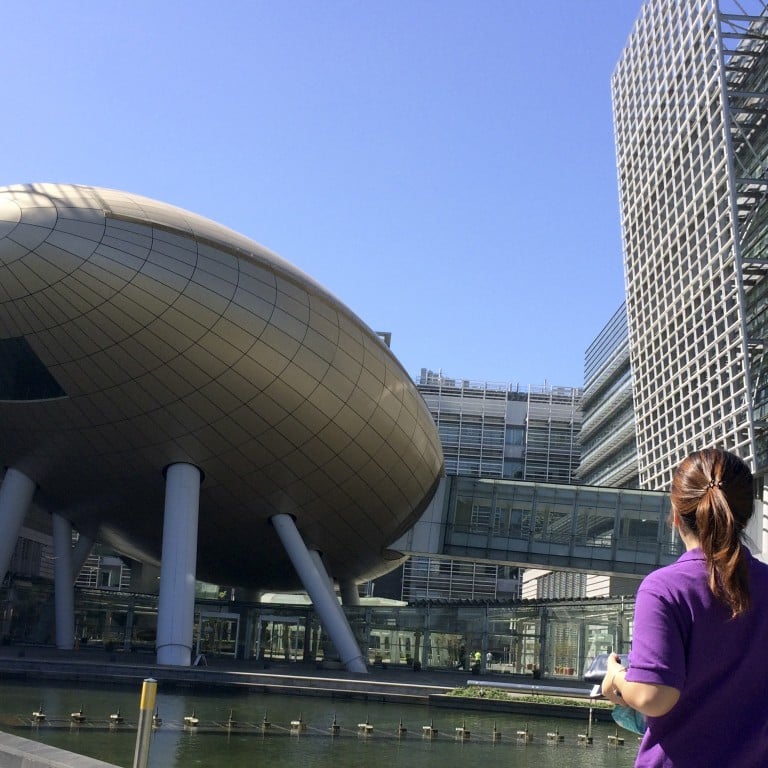
Hong Kong misses out on JLL’s top 25 cities for innovation, talent, while Beijing, Tokyo and Singapore make top 10
- In the third edition of JLL’s Innovation Geographies survey, the San Francisco Bay area in the US came first, followed by Beijing and Boston
- Singapore, in 7th place, was credited for its ‘sustained investment in infrastructure, education and healthcare’
In the third edition of JLL’s Innovation Geographies survey, the San Francisco Bay area in the US, where the likes of technology behemoths such as Meta and Uber are based came first, followed by Beijing and Boston.
Tokyo was placed fourth, followed by London and Seoul in fifth and sixth places, respectively.
Singapore, which is widely perceived as Hong Kong’s main rival as a finance hub, came seventh. Shanghai claimed the ninth spot, just behind Austin, and ahead of Seattle, which rounded out the top 10.
Hong Kong dropped out of the top 25, having taken the 24th spot in 2022. The study only ranks the top 25 cities.
Singapore was credited for its “sustained investment in infrastructure, education and healthcare” that is “driving its already strong innovation presence.” Venture capital in Singapore rose by 10 per cent to a new high of US$32 billion in the past three years, while its net migration rate of 2.4 per cent is well above regional and global averages, the study said.
“Despite the increasing competition for talent and challenges relating to costs of housing and doing business, these innovation hubs remain distinguished by access to critical capital and funding as well as the breadth and depth of skilled workers,” JLL said.
“Real estate occupiers and investors alike are diversifying and optimising their footprints and portfolios in response to talent availability, maturing markets and greater business and research specialisation.”
In the 2022 edition, the study ranked the cities separately in the two categories of innovation and talent concentration. San Jose in the US topped both, with Tokyo in second and San Francisco placed third in innovation. In terms of talent concentration, Boston came in second, followed by San Francisco.
“The geography of innovation is being shaped by external geopolitical forces, which is ultimately influencing views of talent acquisition in innovation economies more tied to newer technologies and next generation manufacturing,” said Phil Ryan, research director at JLL.
“Additionally, the broader trend of migration to affordability has had an outsized effect on gateway markets such as Hong Kong, with high costs of living and office space leading to greater competitiveness from emerging geographies.”
In the latest version, the 108 cities were clustered into eight innovation categories, with Hong Kong cited as one of the business facilitators – “markets with expertise in professional services, consulting and regulatory work adjacent to technology.”
“Business facilitators are highly diversified and less tech-driven than other innovation geographies groups, leading to less volatility,” JLL said. “Widespread corporate headquarters presence and access to capital from co-located financial services firms results in expertise in functional aspects of innovation, such as regulatory compliance.”
The 108 cities surveyed are home to more than 720 million residents, nearly 900 million square metres of office space and 37 million hi-tech employees, and generate US$40 trillion in annual output, according to JLL.
They were ranked and clustered according to “a range of output, funding and talent indicators to provide an up-to-date perspective into the rapidly evolving innovation landscape at the global, regional and local levels” the report said.

